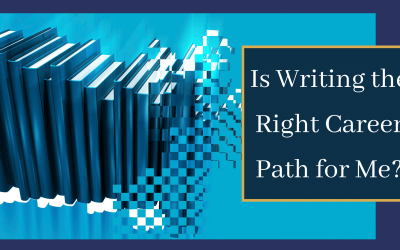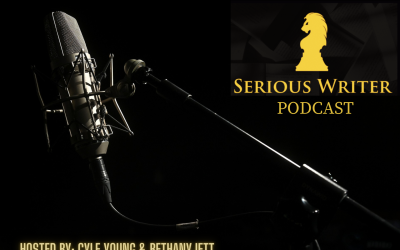Cristel is “Saving the world from bad writing, one project at a time, all while drinking copious amounts of coffee.”
Cristel is part of the Serious Writer team, lending her editing expertise to writers at conferences and online. Mentoring and coaching authors through the editing and proposal process is what makes her shine. She is also a member of The Christian Pen and owner of The Editing House, where she edits manuscripts and other projects for the Christian industry.
Managing editor for Decapolis Publishing in Lansing, Michigan for 7 years.
Editing reviewer for CBA for 5 years.
Editing for Elk Lake Publishing for 4 years.
Deep POV edit is her specialty.
Show Notes
Does everyone need to hire an editor for their work?
Well I hope that everybody who’s listening or watching loves coffee. Because I actually spend my Saturdays over at Starbucks and there are actually three other authors that are there on Saturdays doing writing. We’ve had some wonderful chats, and every single one of them are indie authors and they all will pay for the editing because they know that there are errors in their babies. They realize their focus is just the writing. They want to tell a story, and they want to tell a good story, but they may not necessarily be good at some of the grammar, and some of the specifics that make it easier for a reader to understand what they’re saying. Even before you submit for a proposal, make sure it goes through a professional editor.
Where should the editing process begin?
I think that the last few clients that I’ve worked with have been writing long enough that they actually get people that are good readers that are friends of theirs that they call beta readers. They will send it out and have a friend of theirs read it and make sure that there are no questions in their minds. Beta readers are kind of the first line of editing, and it’s usually just a friend that loves to read. If an editor gets something that’s already gone through that process, it makes my job a whole lot easier. The less amount of time I have to work on a project, the cheaper it is for the author to get the job out there.
I think that the one thing that I enjoy doing the most is actually working with authors as I’m working on their book. I usually make a phone call as soon as I take a job, and I ask some very detailed questions. One of the ones that a lot of people don’t know how to answer initially is “when you’re reader is done with your book, what do you want them to feel like? What are the takeaways that you want them to have?” I’m honored to walk alongside an author in “birthing their baby.”
What are your pet peeves as an editor?
I think the hardest thing is people who are just extra wordy and they don’t need to be. I think people just want to read how you would have a conversation with someone. I think just telling people what’s in your heart and doing it in a conversational style makes it so much easier.
Basically words that we repeat a lot like, “that, and, of, very.” I just got done editing one where every other sentence was an exclamation point. The more exclamations, the more question marks and the more ellipses that you use, the less powerful they are.
What are some things new writers should know before going into the editing process?
We (as editors) are the watch guards of what you want your reader to read and come away with. So if I can make sure that I know the knowledge you want the reader to have at the end of the book, or the feeling that you want them to come away with, I can be that watch guard. I think probably the hardest part for a new author is having an editor ask them to go places they don’t want to go. Especially with a brand new author, I end up kind of holding their hand as we walk through. There’s a thing called a substantive edit. A substantive edit is where I literally dig deep into your story. Does the timeframe match? Are the words that you use correct for the time period? I have to walk hand in hand with an author and ask those kinds of questions.
What are some things writers should remember when submitting to publishers?
Always if you’re going to submit to a publisher, the very first thing that you need to do is you need to download a copy of their style sheet. Their style sheet will tell you how they want the document set up. Most style sheets will also tell you what the word count needs to be for each of their genres. If you submit based on their style sheet, you can pretty much be assured that they will at least read it. They will at least get started with it.
What is one piece of advice you would like to give to an aspiring author?
Don’t be afraid, and don’t be discouraged when an editor changes something. Don’t be afraid of the editor’s marks and changes. All they’re trying to do is make it better. Don’t feel threatened by it.





0 Comments